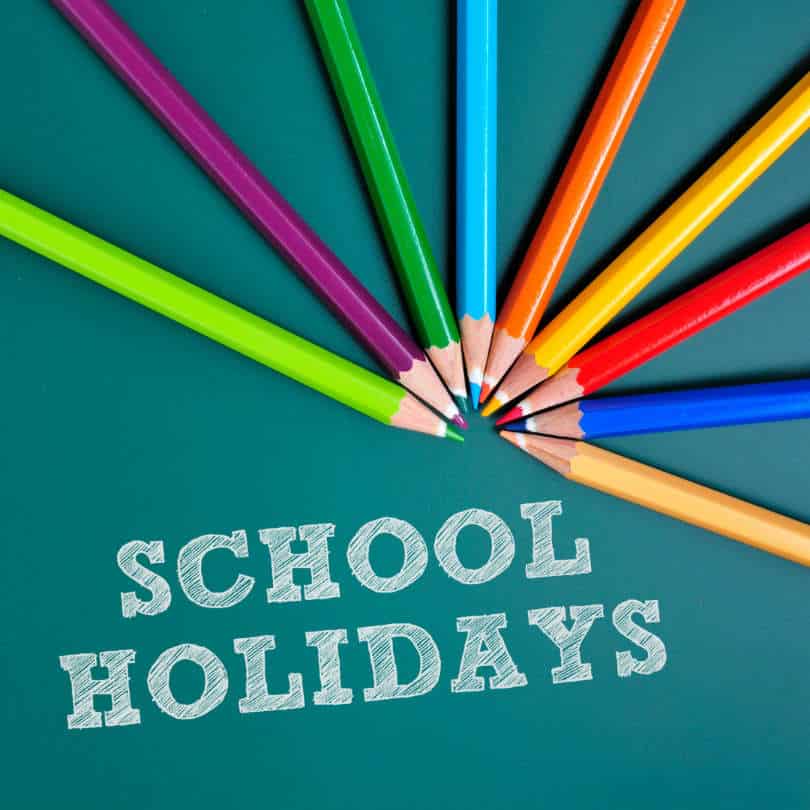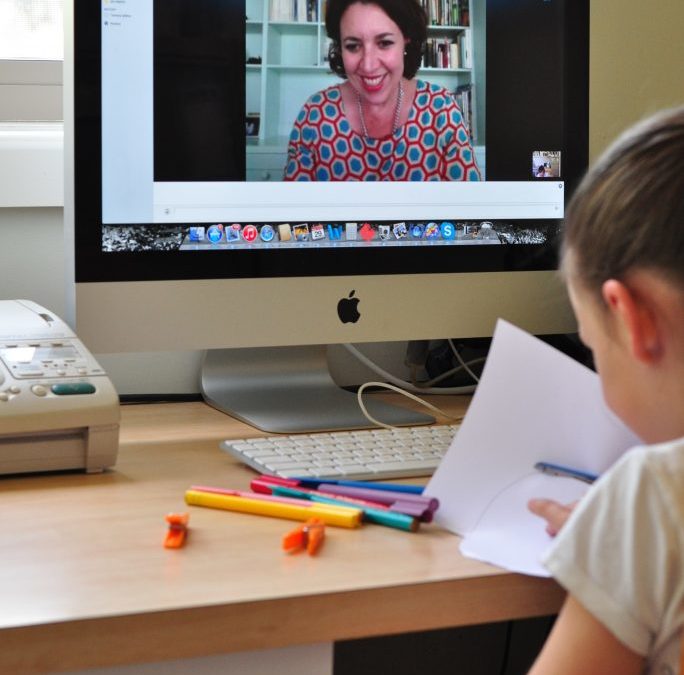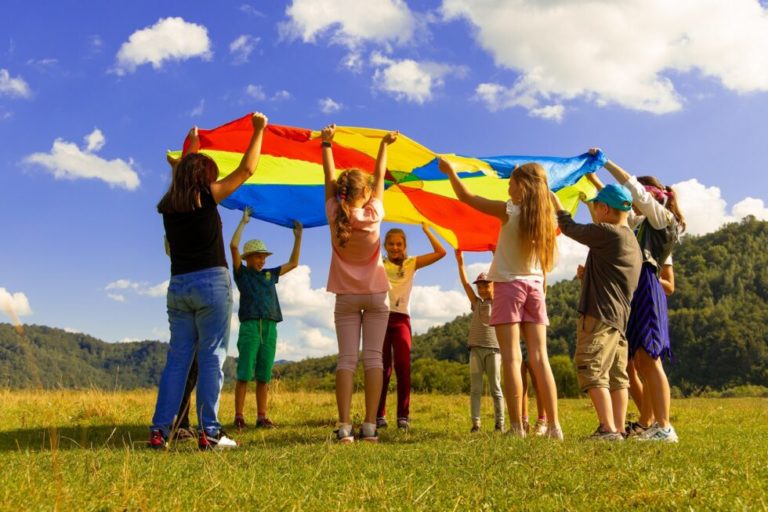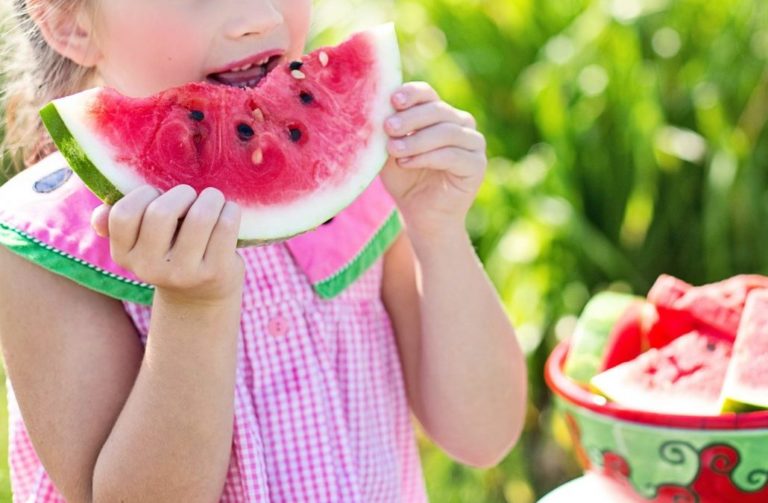As an Occupational Therapist working with neurodivergent children and teenagers, I understand that the school holidays can be a challenging time. The sudden shift from a structured school day to the freedom of holidays might seem daunting. That’s why it’s important to find a balance that works for each individual, ensuring they feel supported, engaged, and happy. Here are some ideas tailored for our neurodiverse kids and teens to thrive during school holidays.
1. Structured Choice Activities
Creating a daily schedule with choices can provide a comforting structure while allowing flexibility. Offer a short list of activities for each day, including creative tasks, physical activity, and quiet time.
For example, your child or teen could choose between drawing, doing a puzzle, or reading in the morning. This empowers them by giving them control over their activities, which is especially important for those who thrive on routine.
2. Sensory Play and Exploration
Many neurodiverse children have unique sensory needs. Holidays are a perfect time to explore sensory play, which can be both therapeutic and fun. Consider activities like:
- Sensory bins: Fill a container with rice, beans, or water beads and hide small toys or objects for them to find.
- Nature walks: Engage the senses with a walk in nature, focusing on the sounds, smells, and sights.
- Tactile crafts: Clay modelling, finger painting, and slime-making offer fun, sensory-rich experiences.
3. Technology Time
Technology can be a fantastic tool with lots of educational and mental health benefits for neurodivergent kids and teens. We recommend setting clear boundaries around screen time, but also recognise its value in offering a safe space for exploration and learning. If you have some free time, get involved in their gaming. It can be a great source of connection for your tween/teen and helps you to understand exactly what they are doing and what they love about it.
4. Physical Activity with a Twist
Exercise is vital for all children and teenagers, but it doesn’t have to be routine or boring. Think outside the box with activities like:
- Dance parties: Create a playlist of their favourite songs and have a dance-off.
- Yoga: Look for online classes or apps designed for children and teenagers, which can also help with relaxation and sensory regulation.
5. Mindfulness and Relaxation
Incorporating mindfulness and relaxation techniques can help manage anxiety and sensory overload. Simple practices like breathing exercises or gentle yoga stretches can make a big difference. Giving your child a safe space they can go to that helps them to regulate, feel safe and calm is important. If you are unsure where to start, youtube has some great videos for guided meditation for kids.
School holidays are a time for relaxation and recharging for the term ahead. By offering structured choices, engaging in sensory play, embracing technology, being active, and practicing mindfulness, we can support our neurodiverse children and teenagers in thriving during their break from school.
At Therapy Connect, we’re here to support you and your family every step of the way. If you have any concerns or need further advice, please don’t hesitate to get in touch.




